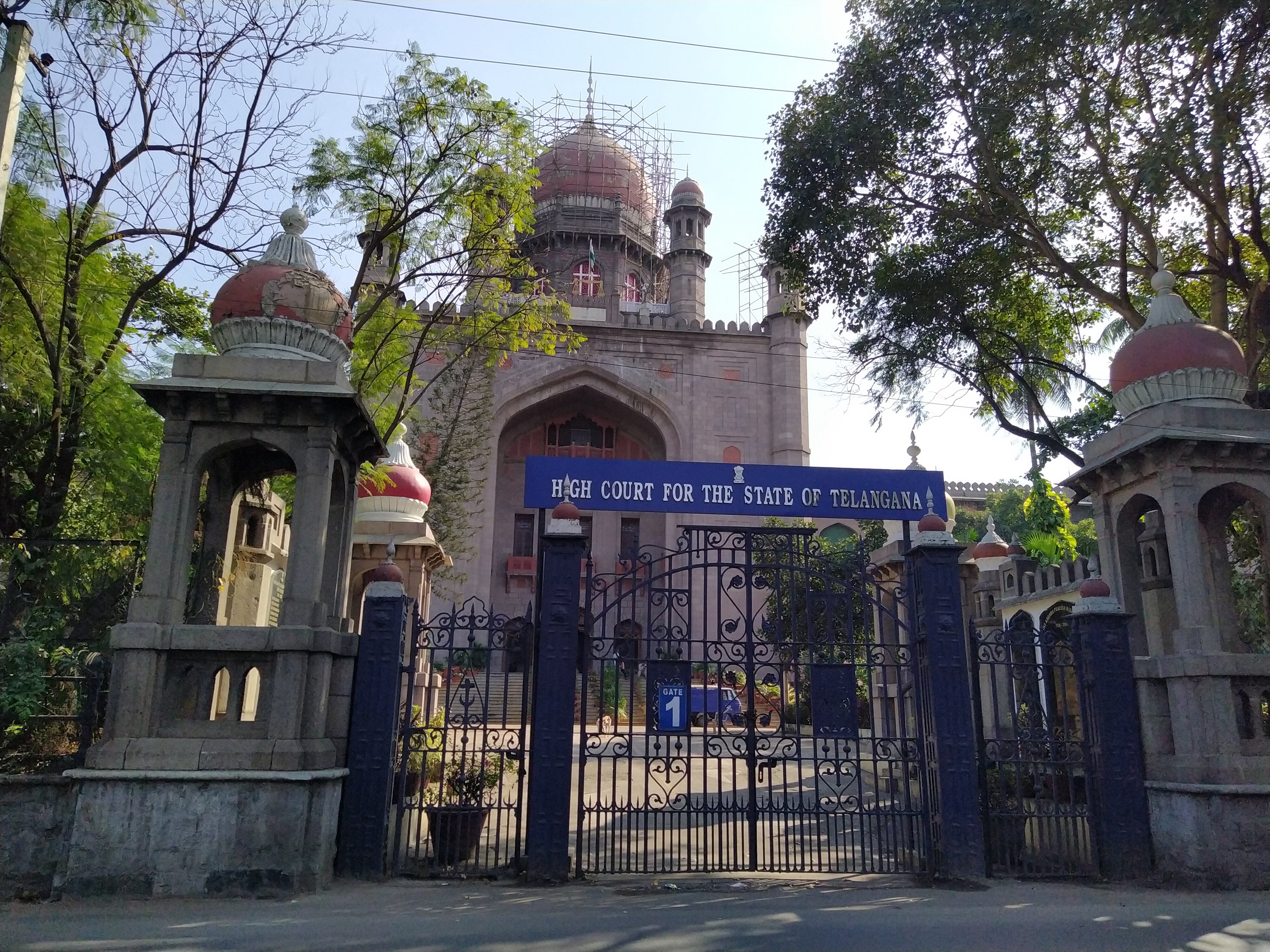Six HCs, including TS, do not have a single female judge
By Sumit Jha
Hyderabad: Six High Courts in the country, including Telangana, don’t have a single female Judge, Union Minister of Law and Justice Ravi Shankar Prasad told the Parliament on Wednesday.
The High Courts of Telangana, Manipur, Meghalaya, Patna, Tripura and Uttarakhand do not have any female judge. Out of 1,079 sanctioned High Court judges, there are only 78 women judges in the country’s High Courts.
Eleven, the highest number of female judges are in Punjab & Haryana High court while nine female judges are in the Madras High court.
Moreover, in the courts of Guwahati, Himachal Pradesh, Common High Court for the Jammu and Kashmir and Ladakh, Jharkhand, Rajasthan, and Sikkim, there is only one female judge.
In the Supreme Court of India, out of the sanctioned 34 judges, there are only two female judges, Justice Indu Malhotra and Justice Indira Banerjee.
The central government doesn’t have any details about the female judges in different tribunals. The government replied, “The details of female judges in tribunals are not centrally maintained as they are being administered by different ministries/departments of the government.”
When asked about whether the Government would consider implementing reservations to increase the representation of women in the judiciary, Union Minister of Law and Justice Ravi Shankar Prasad said: “Appointment of Judges of the High Court is made under Article 217 and 224 of the Constitution of India. These Articles do not provide for reservation for any caste or class of person, including women. The government has, however, been requesting the Chief Justices of the High Courts that while sending proposals for the appointment of Judges, due consideration should be given to suitable candidates belonging to Scheduled Castes, Scheduled Tribes, Other Backward Classes, minorities and women.”
Speaking about the representation of female judges in courts, Vani Suri, a senior advocate practising in Telangana High Court said, "When it comes to women, everything is counted from family background, competence and experience but for men everything is okay. I have come to Bar 40 years ago when there used to be only a few lady lawyers and they used to feel extremely difficult to survive in the profession as others used to intimidate and create false stories about them. Especially, the lady advocates do not succumb to demands or collusion with those doing illegal activities. Now, the situation has improved. The number of women lawyers has increased.”
She also advocates for reservation in court for female judges. “There is discrimination in the appointment of women judges, even as district judges. They choose the senior-most judge, some from the Bar and some from the Bench. From the Bench, the senior-most person is appointed, if women turn out to be a senior-most person, then she is appointed. It is high time to finalise at least one-third reservation for women. It will give the opportunity to many talented women advocates. It is absolute discrimination and the women lawyers are not fighting against it,” Suri added.
Till date, only nine female judges were appointed as judges of the Supreme Court of India. Justice Fathima Beevi was the first female judge of the Supreme Court of India. She was appointed in October 1989. Justice Ruma Pal was the longest-serving female judge of the Supreme Court of India from January 2000 to June 2006.